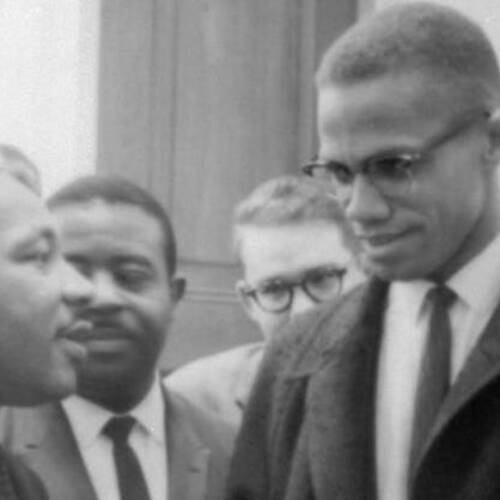
Prejudiced Oxford Professor appointed to advise on high profile ‘levelling up’ plan
27 Feb 2022Controversial Paul Collier has recently been appointed by Micheal Gove as an advisor, on the governments recently revealed 10 year levelling up agenda. But why is Professor Paul Collier’s participation within this important project so problematic?
The ‘Levelling up’ plan will take until 2030 and aims to improve services such as education, broadband and transport. Gove has coined the plan as a way to ‘shift power back into the hands of the working class’. By harvesting more opportunities and locating government funding more locally in disadvantaged, working class areas.
The appointment of Paul Collier who is an Oxford Economics professor to this project has raised concerns for many due to his past comments. Collier recently stated and later defended that he believed that non-white Britons were not ‘indigenous’ to the UK. Before exploring his comments further, it is important to scrutinise how someone who divides British people into groups can be involved in a strategy that aims to create cohesion. The government expects Paul Collier to act as an ally to the working class by providing them with opportunities. When a large part of the working class is made up of non-white Britons; a group who Collier does not view as British.
Debates surrounding Paul Collier’s beliefs have stemmed from his book that was released in 2013 called ‘Exodus’. A book that has since been labelled as an ‘anti-immigration’ book. The one comment that has been singled out by many journalists is Collier’s false claim that
“in the 2011 census, it was revealed that the indigenous British had become a minority in their own capital.”
A factual rebuttal for this is that the office for national statistics revealed in their annual population survey that 86% of British nationals were born in the UK. This makes them a majority rather than a minority. The statistic that Collier was drawing on here was the population of British nationals who are white British. This excludes non-white British born nationals; completing distorting the meaning of an ‘indigenous’ Briton. And in turn excluding second and third generation immigrants from a culture that they view to be their own.
Collier was questioned on this during an interview with British-American journalist Mehdi Hasan. During this interview he presented two opposing views of what an ‘indigenous’ Briton can be defined as, he initially claimed that Mehdi Hasan who is British born would be classed as ‘indigenous’. However, later during the interview Collier agreed that Hasan does not align with the definition of an ‘indigenous’ Briton that he had previously outlined in his book. This is because Collier’s definition of ‘indigenous’ only applies to British natives that were born in Britain and who are ethnically white British.
This narrative can only be described as dangerous in the way that it creates divides between British people, and causes a sense of separatism. It furthers the idea that immigrants hurt British culture and economy, and that British culture must be protected from non-white British people. When in reality, what makes British culture and the UK so interesting is the diversity; it is something that needs to be celebrated rather than criticised.
Collier made more controversial comments during an interview with the Economist, where he claimed that immigrants have led to Britons leaving the capital.
He asked “Is London such a great success for the indigenous population?”.
He has claimed that London is too heavily populated by immigrants that ‘indigenous’ British people have to look for success elsewhere. His comments have inflamed the already heated debate about whether immigrants benefit the UK. Collier has argued that immigration has eroded social cohesion, and has even previously campaigned for more controls to be placed on migration.
Most notably stating that “people should come, get skills, get education, go back”
From his comments Collier is not accepting of immigrants and does not truly view them as a part of British society and culture. Since he advocates for immigrants returning ‘home’ after ‘gaining skills’. This concept completely disregards that many immigrants, especially those who had migrated at a young age, would view the UK as their home. The law in the UK currently states that individuals are able to request British citizenship after five years with the correct evidence. British nationality and citizenship is a complicated and sensitive issue that Collier continuously attempts to simplify. Gove’s decision to appoint a professor who uses ‘divisive’ language when speaking about immigrants, to advise on policies about cohesion can certainly be questioned.
Even prior to Collier being appointed to this role he has contributed to the opinion of many Britons. Collier is an Oxford professor and has released a book that has featured under many university curriculums. He has had the power of influence as an intellectual superior. What has stuck with many is his claim that ‘indigenous’ Britons are a minority in the UK, due to his convoluted explanation of the word ‘indigenous’, this quote has been proven time and time again to be factually incorrect.
We can see how Paul Collier has influenced British people’s views on immigration. It will be more interesting to see whether his own personal views may in turn compromise the government’s new ‘levelling up’ strategy.
References:
https://urbanmuslimz.com/category/politics/














